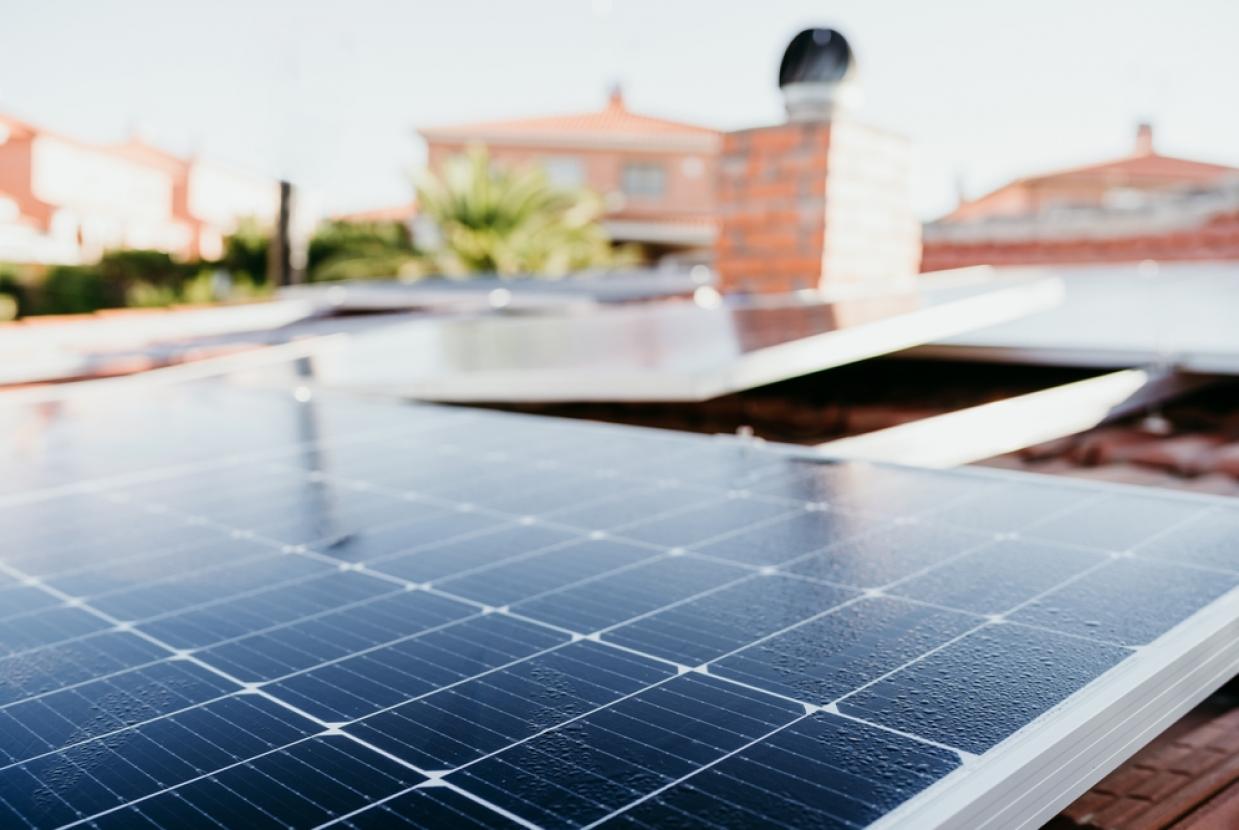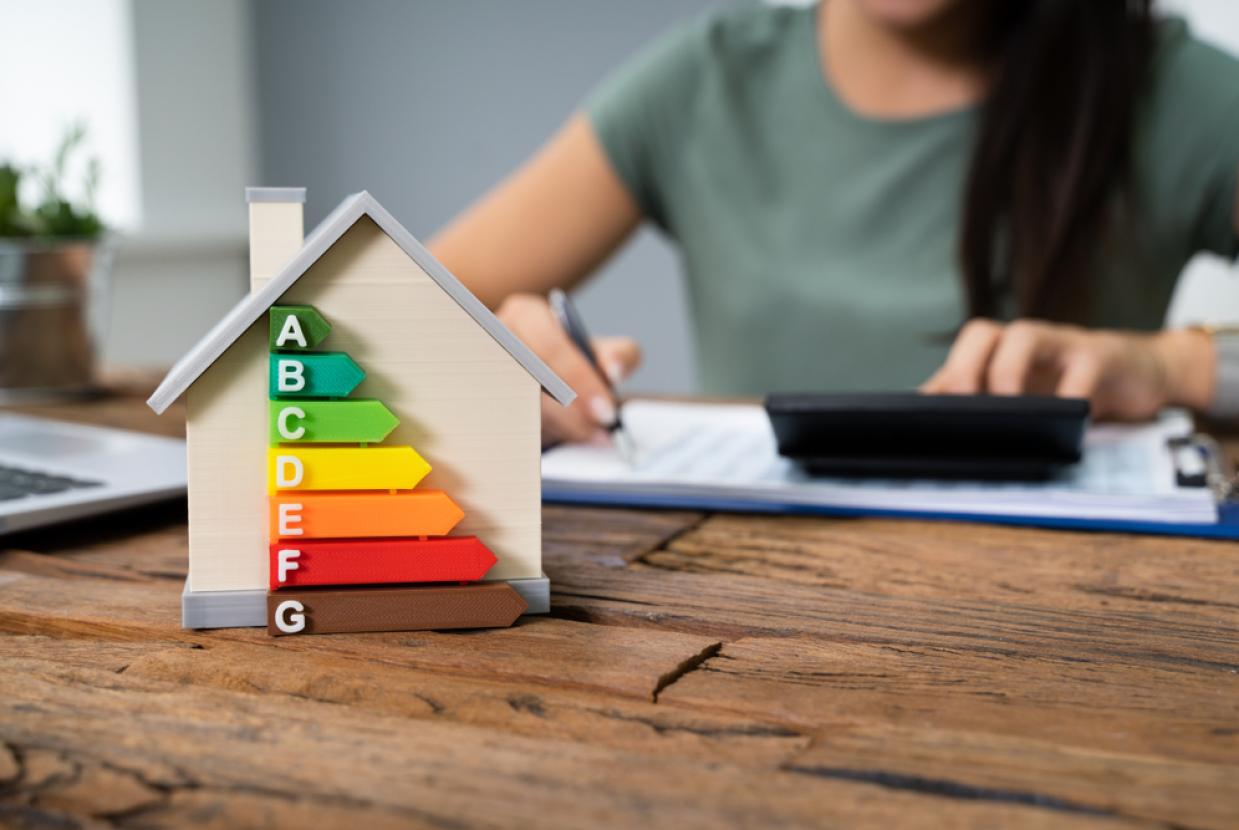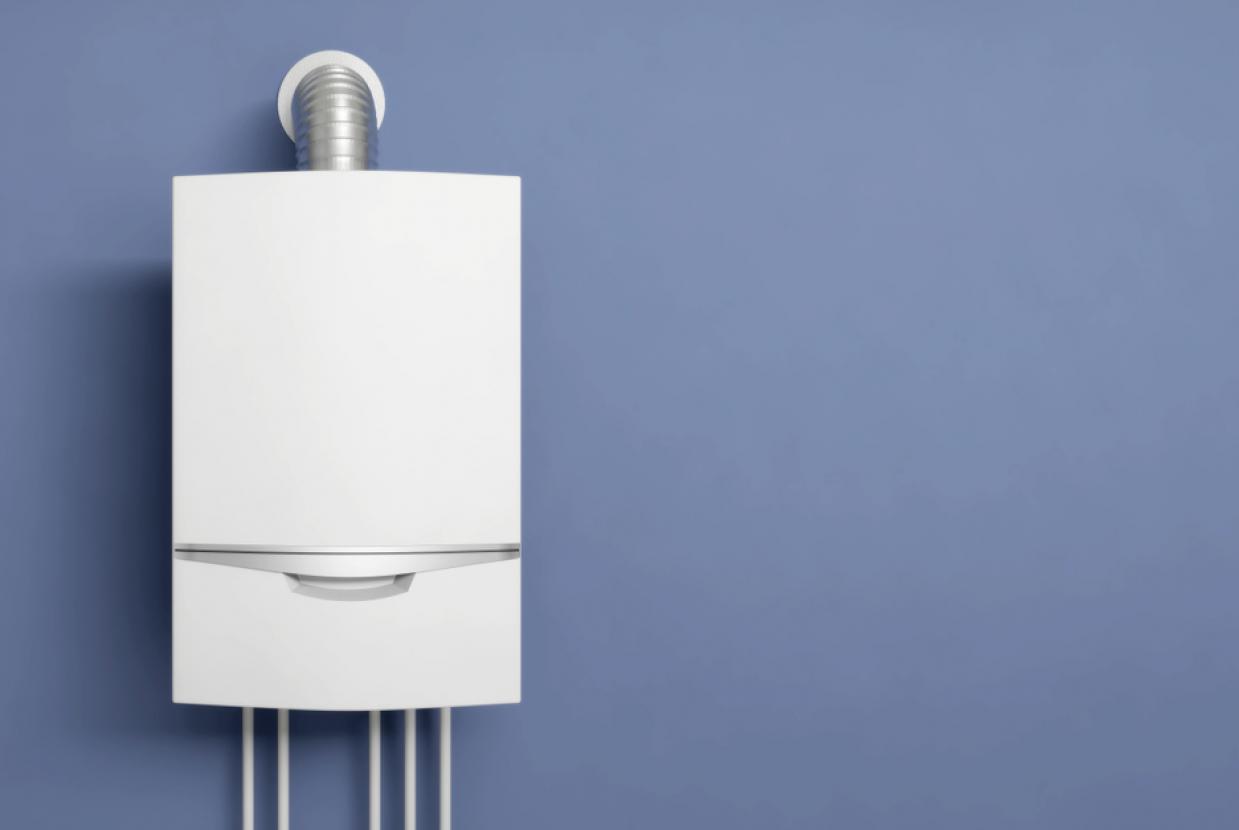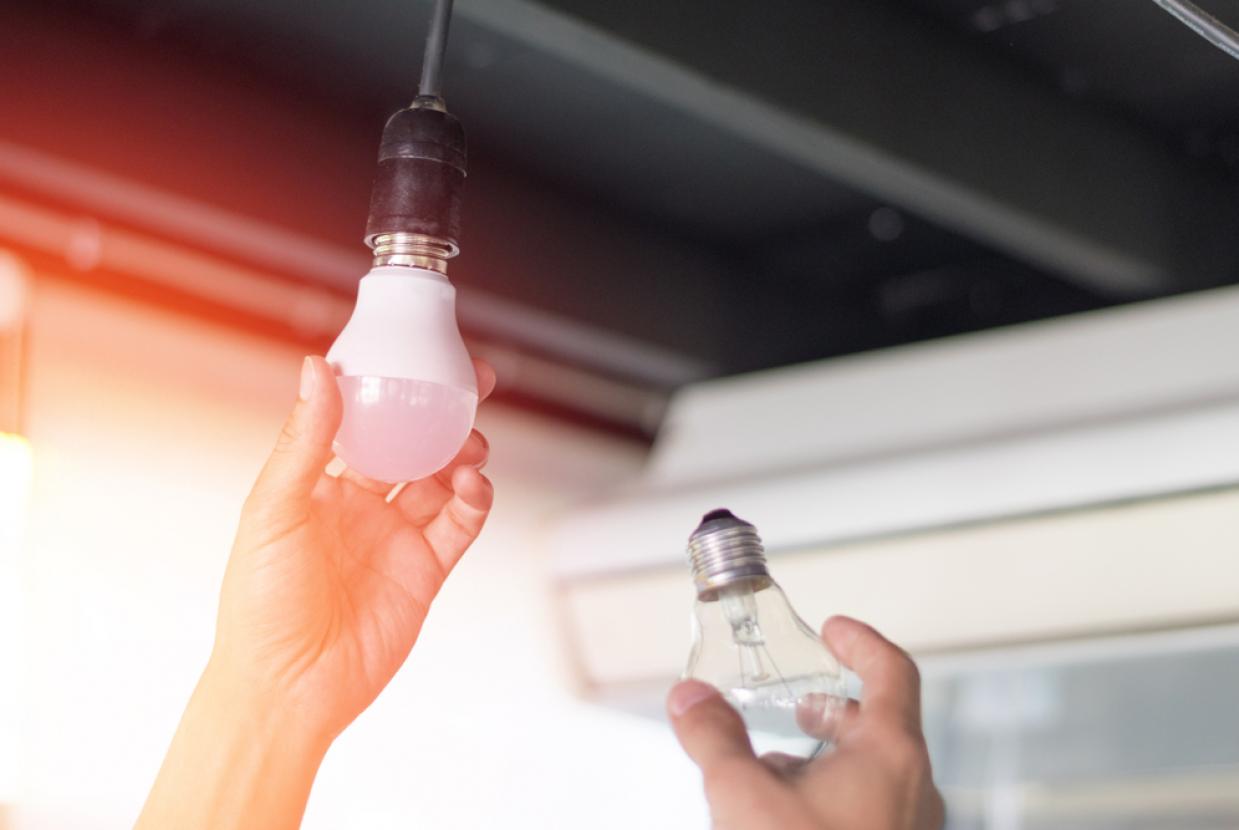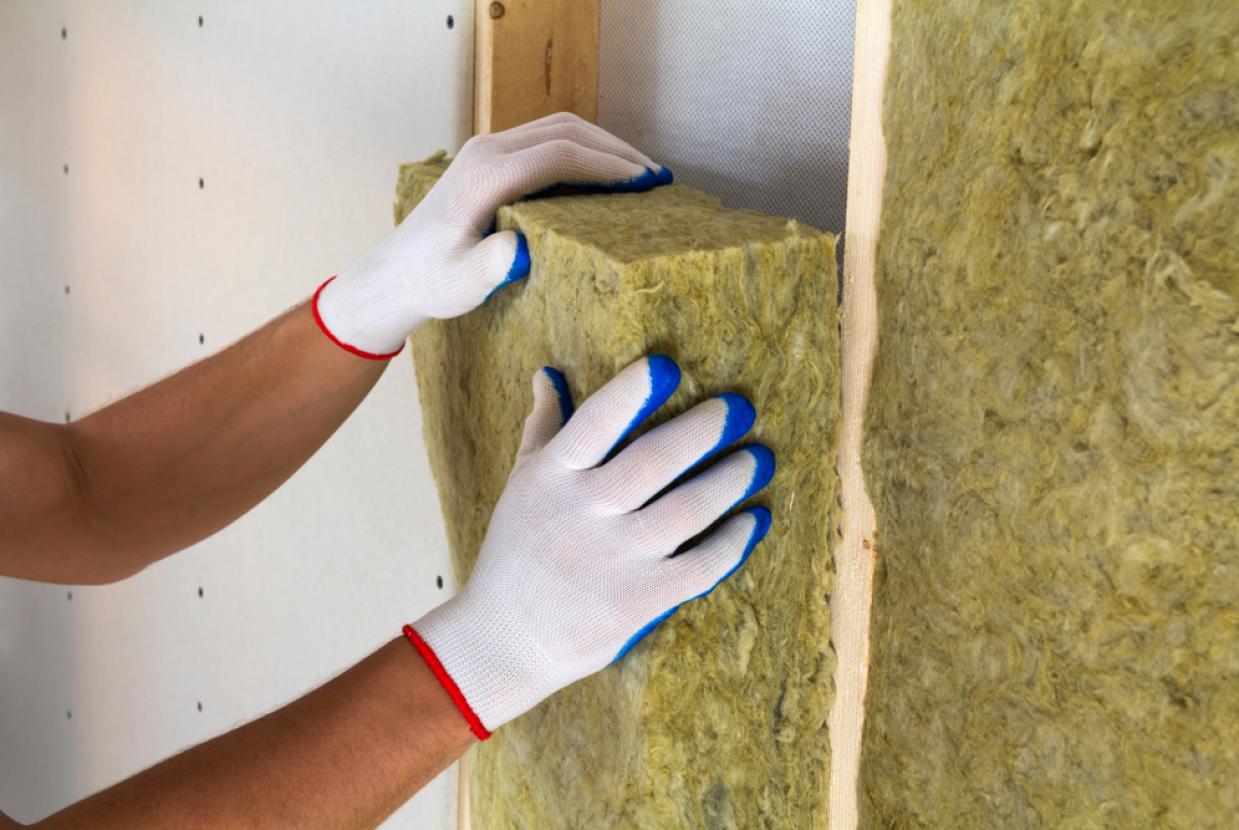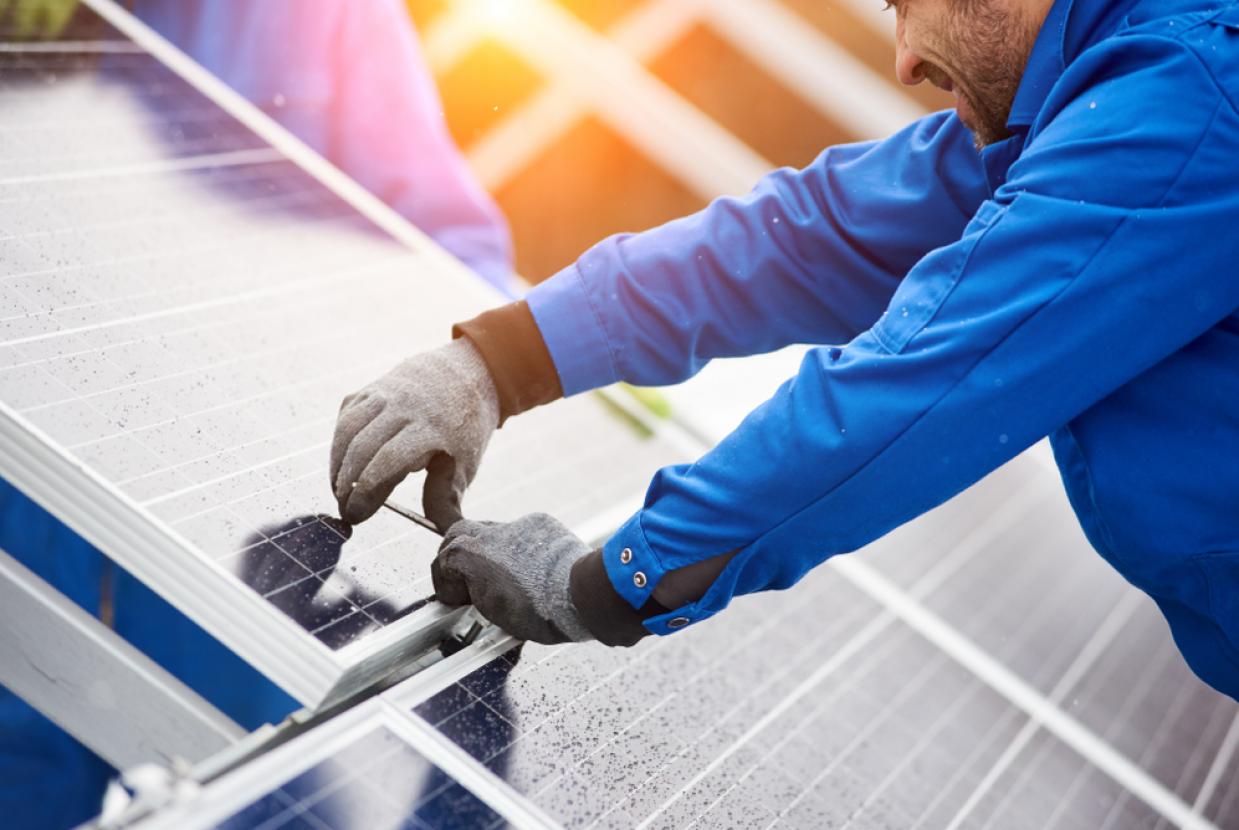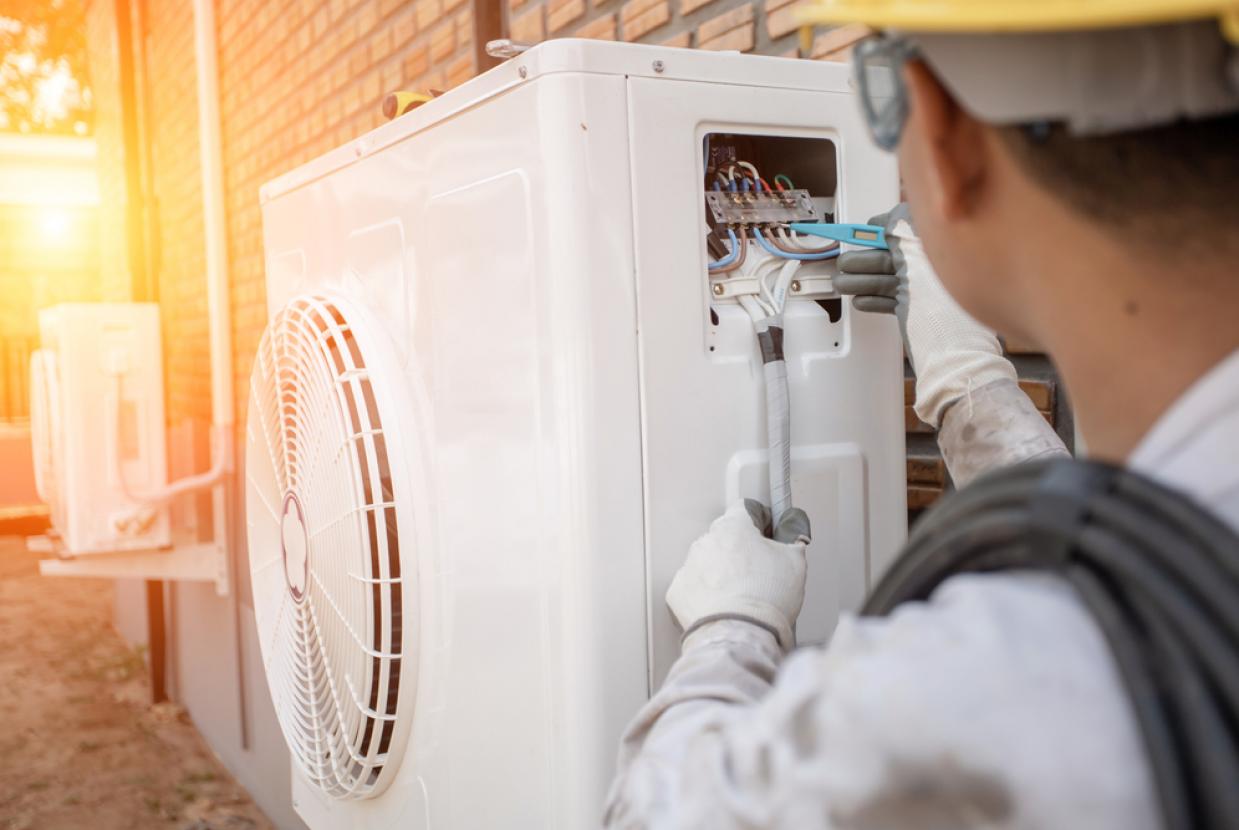Solar Thermal Panels
Solar thermal panels, or solar water heating collectors as they are also known, are the most popular form of solar energy used in the UK.
How solar thermal panels work
For domestic hot water, you will need:
- solar thermal panels
- a heat transfer system
- a hot water cylinder
The panels absorb energy from the sun and transfer this energy to heat water. The hot water generated is stored in the special, highly insulated cylinder. This cylinder is designed for use with solar panels and will replace the existing hot water cylinder in retro-fit situations.
The panels can provide up to 60 per cent of a household’s domestic hot water needs over a year and can work even in cloudy or overcast conditions. Peak output will occur during summer months when there is more daylight and solar energy available.
For maximum efficiency all solar panels should be mounted on south facing roofs (between SE and SW) at an angle of roughly 30-50 degrees and be clear of shade from trees, chimneys or surrounding buildings. There are two types of solar thermal panels:
- flat plate
- evacuated tube
The evacuated tube panels can be marginally more efficient, especially in the winter months. They can also be used on shallower sloped roofs by rotating the tubes so that the collectors inside the tubes face the sun. Flat plate panels however can be sized to produce the same output and can be integrated into the roof while the evacuated tube systems are fixed above the roof surface.
Benefits
Installing solar thermal hot water could save you up to £40 per year on your hot water bills, according to the Energy Saving Trust.
Planning permission
You may have to get planning permission to fit solar thermal panels, especially in conservation areas or on listed buildings. Always check with your divisional planning office about planning issues before you have panels installed. Obtaining planning permission after the system is in place can be difficult and expensive.
Remember to insulate first
You should make sure that your property is properly insulated before installing renewable technologies.
NI Energy Advice
NI Energy Advice offers independent and impartial energy advice to domestic householders in Northern Ireland - plus referrals to energy grants and other sources of help.


